-
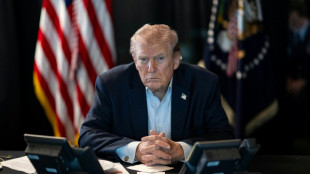 Global markets turmoil intensifies on Iran war
Global markets turmoil intensifies on Iran war
-
Iran targets Mideast energy industry and US missions
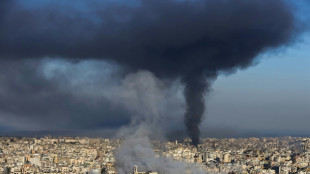
-
 Rahm accuses DP World Tour of 'extorting players' with LIV deal
Rahm accuses DP World Tour of 'extorting players' with LIV deal
-
Thousands of Afghans displaced by Pakistan conflict

-
 China, North Korea make winning starts at Women's Asian Cup
China, North Korea make winning starts at Women's Asian Cup
-
EU asylum applications down but Iran concerns mount

-
 Rahm accuses DP World Tour of 'exorting players' with LIV deal
Rahm accuses DP World Tour of 'exorting players' with LIV deal
-
Drones hit US embassy as vengeful Iran targets Mideast cities

-
 Mideast war exposes fragile oil, gas dependency
Mideast war exposes fragile oil, gas dependency
-
How the T20 World Cup semi-finalists shape up

-
 Oil extends gains and stocks dive as Middle East war spreads
Oil extends gains and stocks dive as Middle East war spreads
-
Warming El Nino may return later this year: UN

-
 Trump says US-UK relationship 'not like it used to be'
Trump says US-UK relationship 'not like it used to be'
-
Eight years on, trial begins in Argentina submarine implosion

-
 Beijing votes out three generals from political advisory body
Beijing votes out three generals from political advisory body
-
Oil extends gains and stocks dive as Iran conflict spreads

-
 The French village where Ayatollah Khomeini fomented Iran's revolution
The French village where Ayatollah Khomeini fomented Iran's revolution
-
South Africa, India eye T20 World Cup rematch as semi-finals begin

-
 Trump hosts Germany's Merz for talks eclipsed by Mideast war
Trump hosts Germany's Merz for talks eclipsed by Mideast war
-
Second-hand phones surf rising green consumer wave

-
 Pakistanis at remote border describe scramble to leave Iran
Pakistanis at remote border describe scramble to leave Iran
-
China votes to oust three generals from political advisory body

-
 Murray scores 45 as Nuggets hold off Jazz
Murray scores 45 as Nuggets hold off Jazz
-
Five things about the 2026 F1 season

-
 Scrum-half Gibson-Park: Ireland's 'petit general'
Scrum-half Gibson-Park: Ireland's 'petit general'
-
Geopolitical storm leaves isolated Greenlanders hanging by a telecoms thread

-
 Myong hat-trick as North Korea cruise at Women's Asian Cup
Myong hat-trick as North Korea cruise at Women's Asian Cup
-
AI disinformation turns Nepal polls into 'digital battleground'

-
 New Israel, Iran attacks across region: Latest developments in Middle East war
New Israel, Iran attacks across region: Latest developments in Middle East war
-
China's overstretched healthcare looks to AI boom

-
 Oil extends gains and stocks drop as Iran conflict spreads
Oil extends gains and stocks drop as Iran conflict spreads
-
Rituals of resilience: how Afghan women stay sane in their 'cage'

-
 Strait of Hormuz impasse squeezes world shipping
Strait of Hormuz impasse squeezes world shipping
-
Fresh Israel, Iran attacks across region: Latest developments in Middle East war

-
 Oscar-nominated Iranian doc offers different vision of leadership
Oscar-nominated Iranian doc offers different vision of leadership
-
Oscar-nominated docs take on hot-button US social issues

-
 'I couldn't breathe': The dark side of Bolivia's silver boom
'I couldn't breathe': The dark side of Bolivia's silver boom
-
Trump warns of longer Iran war as Riyadh, Beirut hit

-
 Underground party scene: Israelis celebrate Purim in air raid shelters
Underground party scene: Israelis celebrate Purim in air raid shelters
-
Flowers, music, and soldiers at funeral of drug lord

-
 'Safety and wellbeing' will guide F1 Mideast planning: FIA chief
'Safety and wellbeing' will guide F1 Mideast planning: FIA chief
-
Trump to attend White House Correspondents' dinner

-
 Will Iran's missiles drain US interceptor stocks?
Will Iran's missiles drain US interceptor stocks?
-
Trump warns of longer Iran war as violence spreads

-
 Energy infrastructure emerges as war target, lifting prices
Energy infrastructure emerges as war target, lifting prices
-
Trump warns of longer Iran war, Rubio points at Israel

-
 US urges to 'depart now' from Middle East: Latest developments in Iran war
US urges to 'depart now' from Middle East: Latest developments in Iran war
-
Ecuador launches joint anti-drug operations with US

-
 Getafe deal flat Real Madrid La Liga title race blow
Getafe deal flat Real Madrid La Liga title race blow
-
Rubio, Hezbollah and Qatar: Latest developments in Iran war

EU Pledges €800 Billion for Defence to Deter Russia
The European Union has unveiled an ambitious plan to allocate €800 billion towards bolstering its defence capabilities, a move widely interpreted as a strategic response to escalating tensions with Russia. Announced by European Commission President Ursula von der Leyen, this initiative aims to transform the EU into a formidable "defence union," shifting its economic priorities towards what some analysts have dubbed a "war economy." The decision, detailed in a recent strategic white paper, comes amid growing concerns over Russia’s military assertiveness, particularly following its ongoing aggression in Ukraine and perceived threats to NATO’s eastern flank.
The €800 billion package, to be rolled out over the coming years, includes €150 billion in EU loans and significant exemptions from the bloc’s stringent debt rules, allowing member states to finance military enhancements without breaching fiscal limits. According to sources cited by the Deutsche Presse-Agentur (DPA), the funds will target seven key areas, including air defence, cyber capabilities, and military intelligence, aiming to close critical gaps in Europe’s defence infrastructure. "If Europe wants to avoid war, it must be prepared for war," the white paper states, echoing a sentiment of deterrence through strength.
Russia’s reaction has been swift and critical. Kremlin spokesperson Dmitry Peskov accused Europe of "aggressive militarism," a charge that carries irony given Russia’s own allocation of nearly 40% of its state budget to military spending in 2025. Russian President Vladimir Putin has overseen a dramatic shift to a war economy since the invasion of Ukraine in 2022, with the country reportedly producing three million artillery shells annually—outpacing the combined output of NATO’s 32 members. This disparity in production capacity has fuelled European fears that Russia could sustain prolonged conflicts, potentially eyeing targets beyond Ukraine, such as the Baltic states or Poland.
The EU’s move also reflects unease over its reliance on the United States, particularly following uncertainties surrounding American support under a potential Donald Trump presidency. While earlier drafts of the white paper explicitly warned of over-dependence on the US, these references were softened in the final version after interventions from von der Leyen’s cabinet, as reported by DPA. Nonetheless, the €800 billion commitment underscores a push for strategic autonomy, with investments channelled into European-made defence systems to reduce external vulnerabilities.
Critics within the EU, however, question the feasibility and implications of such a shift. Transforming a civilian economy into one geared for war requires significant market interventions, a prospect that has raised doubts about political willingness and economic sustainability. The precedent of the United States during World War II—where private industries were placed under strict government oversight—looms large, yet Europe’s fragmented political landscape may complicate such coordination. Furthermore, the redirection of resources comes at a time when the EU is already grappling with energy transitions and post-pandemic recovery, with the €672 billion European Recovery Fund serving as a recent benchmark for large-scale spending.
Public sentiment, particularly in Germany, reflects growing anxiety. A Shell Youth Study cited by rbb-online.de found that the threat of war is now the top concern among young Germans, with fears of conscription and displacement driving calls for preparedness. NATO’s ongoing "Steadfast Defender" exercises, involving 90,000 troops, and the upcoming "Nordic Response" manoeuvre underscore this urgency, simulating defensive operations against a Russian incursion.
While the €800 billion figure is a political statement of intent, its implementation remains uncertain. Analysts note that it may take months, if not years, for funds to translate into tangible military assets. For now, the EU hopes this bold financial pledge will serve as a deterrent, projecting strength to Moscow while navigating internal divisions and external dependencies. Whether it instils fear in Russia or merely galvanises Europe’s resolve, the stakes for the continent’s security have rarely been higher.
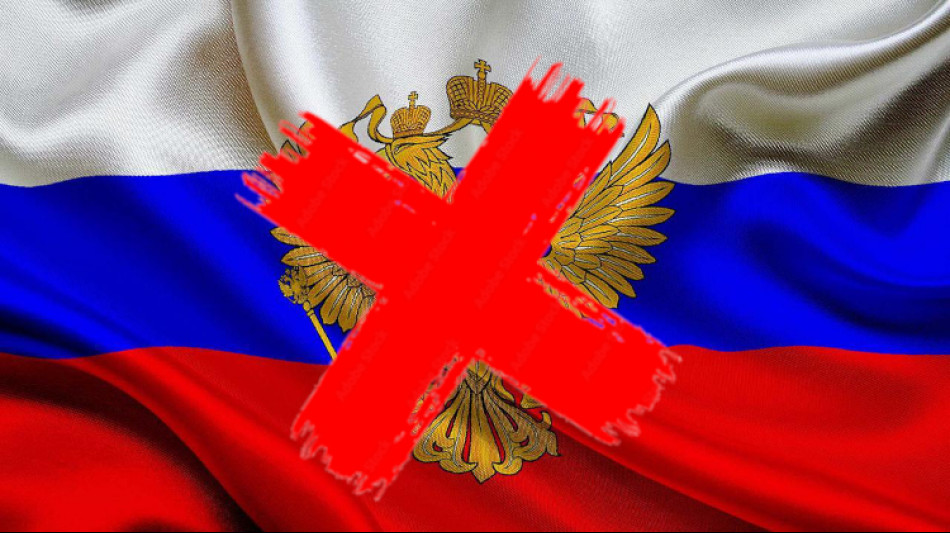
That's how terror Russians end up in Ukraine!

Is football becoming less competitive than before?

Border violence: What is going on in Bulgaria?

Sánchez's aim to reinstate leftist coalition set to fail!
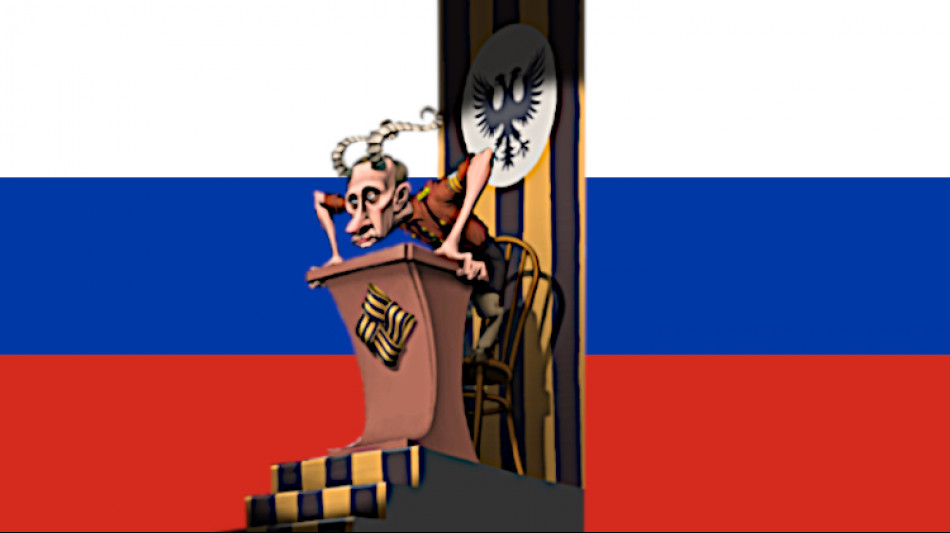
Russland als Terror-Staat / Russia as a terror state!
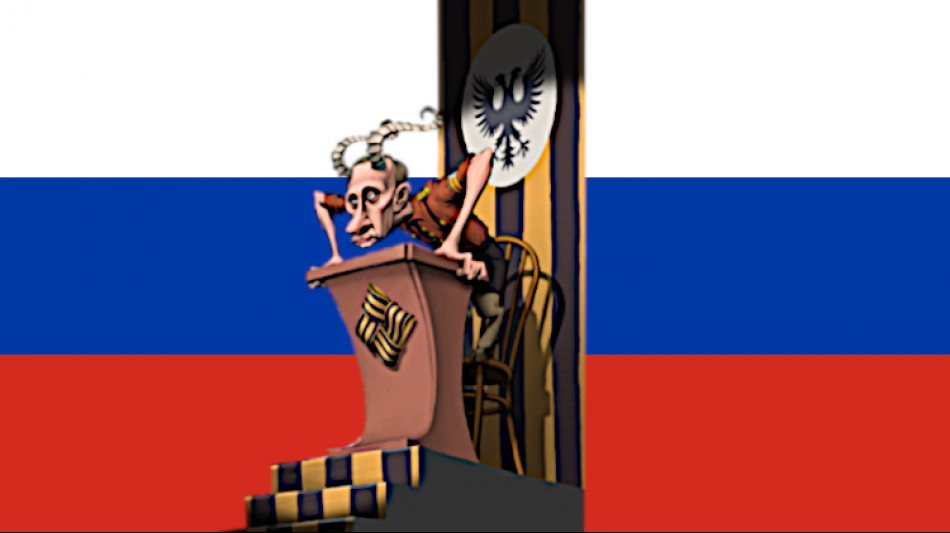
Ukraine in the fight against the russian terror State
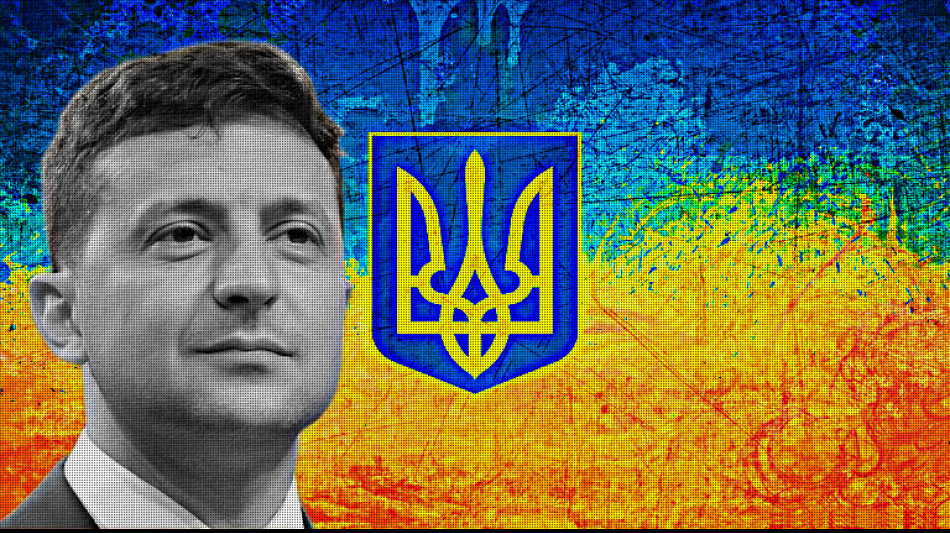
The Russian terrorist state will never own Ukraine!

ATTENTION, ATENCIÓN, УВАГА, ВНИМАНИЕ, 注意事项, DİKKAT, 주의, ATENÇÃO
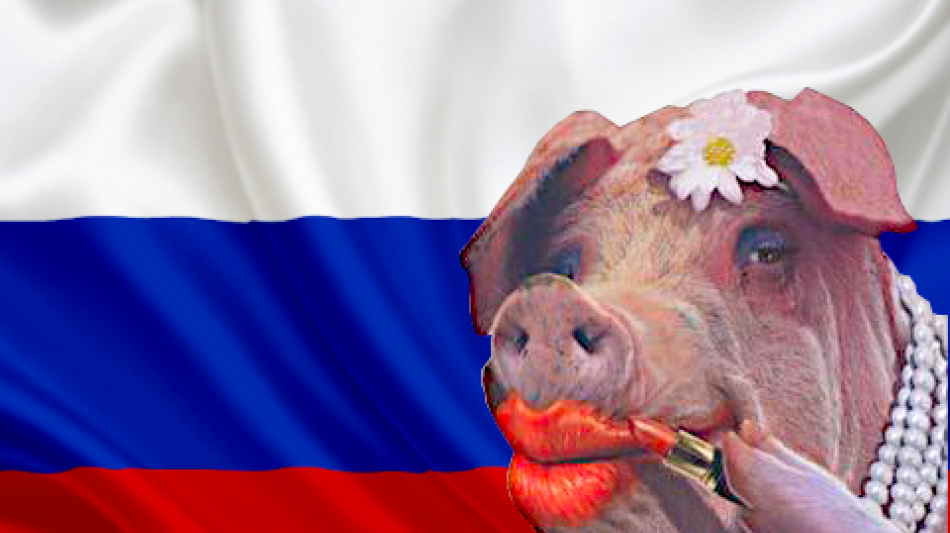
BRAVO: This is how the Russian scum in Ukraine ends!
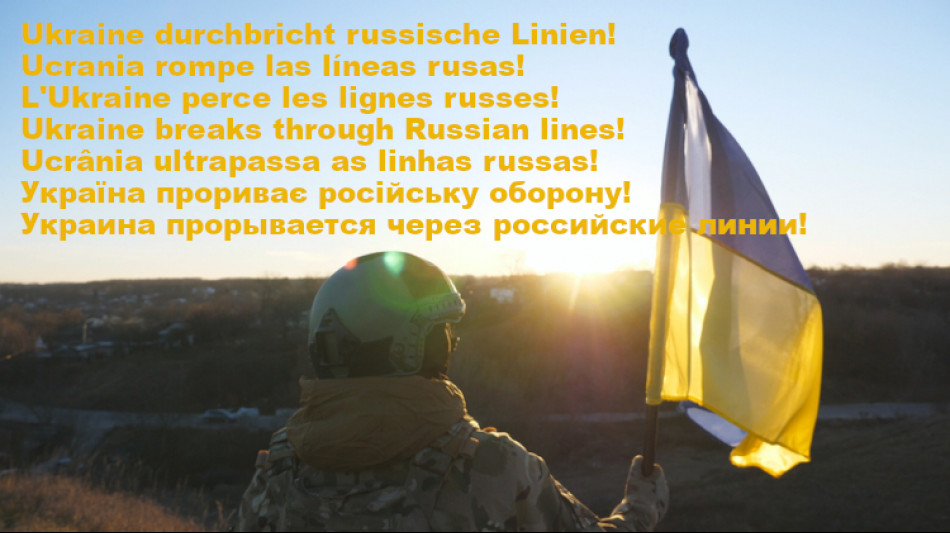
Video, ビデオ, 视频, Відео, 비디오, Wideo, 動画, Βίντεο, Видео!!
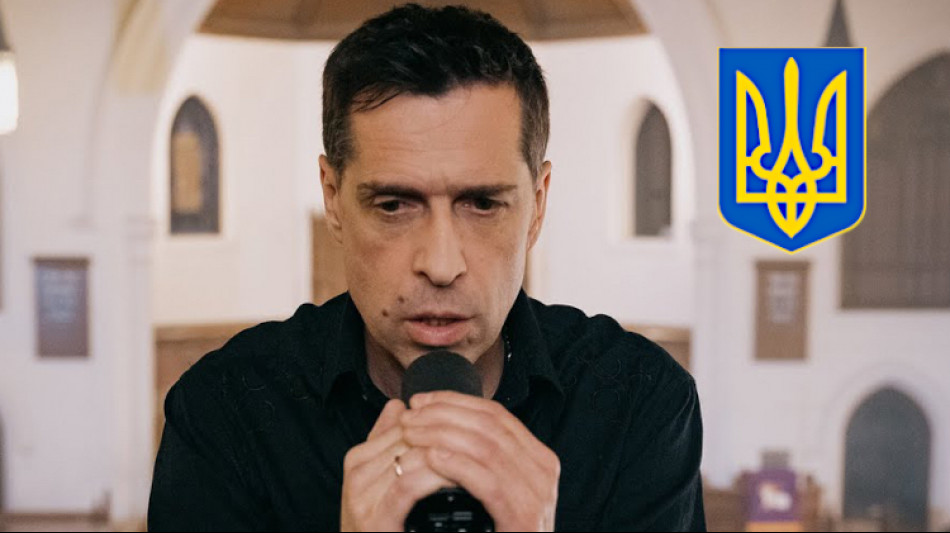
UKRAINA, Україна, Украина, Ucraina, ウクライナ, Ουκρανία, 우크라이나, Ucrânia, 乌克兰, Ukrayna




